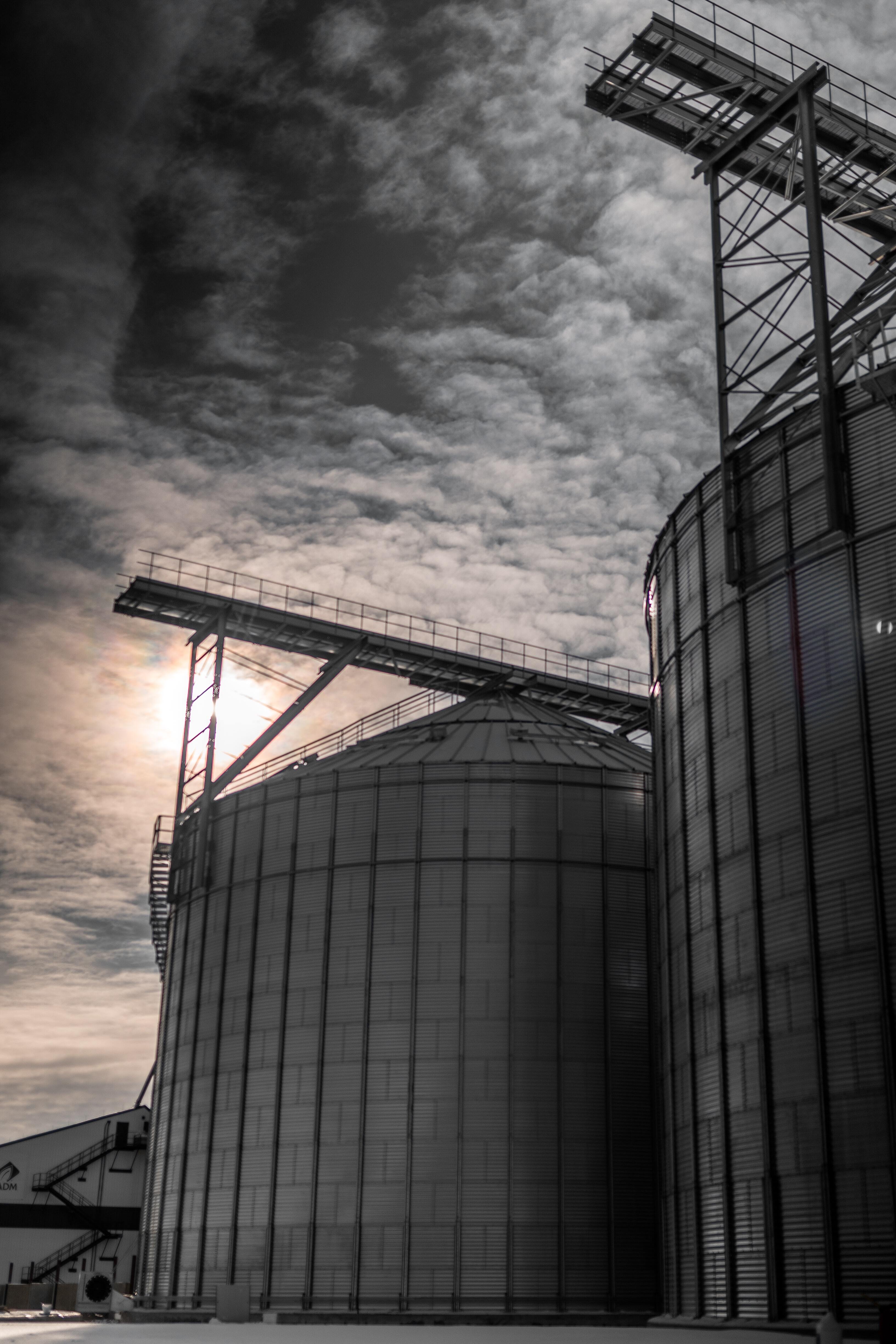Grower organizations representing the more than 44,000 grain, pulse and oilseed farmers in Saskatchewan are urging the Western Grain Elevator Association (WGEA) and its members to work with farmers and eliminate administration fees and reduce penalties for the 2021-2022 growing season.
The extreme drought, heat and wind throughout the crop year have significantly reduced harvestable grain and substantially increased commodity prices. Many farmers’ yields across the Prairies will be well below their crop insurance coverage and they will be unable to deliver on even modest grain contracts.
Historically, farmers have been encouraged to contract some grain for fall delivery. This makes it possible for grain companies to develop their own marketing plans and benefits growers by allowing them to pay bills that come due in the fall, manage storage space, and secure a reasonable margin. In most years, production losses due to hail, flood or drought, are generally localized enough that it doesn’t influence commodity prices.
“Growers are more likely to take advantage of forward contracts when they have fewer bins, limited cash flow in the fall, and when they want to manage their exposure to price risk,” said Bernie McClean, Chair of SaskCanola. “If grain companies are unwilling to work with farmers to find solutions, it could severely impact the economic stability of a large proportion of grain operations.”
The traditional intention of administration fees is to deter farmers from cancelling contracts when they have the grain but want to take advantage of a higher cash price. However, when the farmer has no grain to sell, the deterrent is ineffective. For some, the financial implications of this drought will be devastating, and these penalties will worsen the situation for growers. That is why the commissions, on behalf of farmers, are asking the grain companies to eliminate administrative fees for the 2021-2022 crop year.
“Farmers have worked hard to build strong relationships with grain companies, and they value those relationships and commitments,” added Matt Enns, Chair of SaskBarley. “We expect that the good faith we have built with buyers will be reciprocated when times are tough.”
APAS, SaskBarley, SaskCanola, SaskFlax, SaskOats, Saskatchewan Pulse Growers and SaskWheat will continue to advocate for a mutually agreeable solution that addresses the dire circumstances Saskatchewan agriculture is facing.




